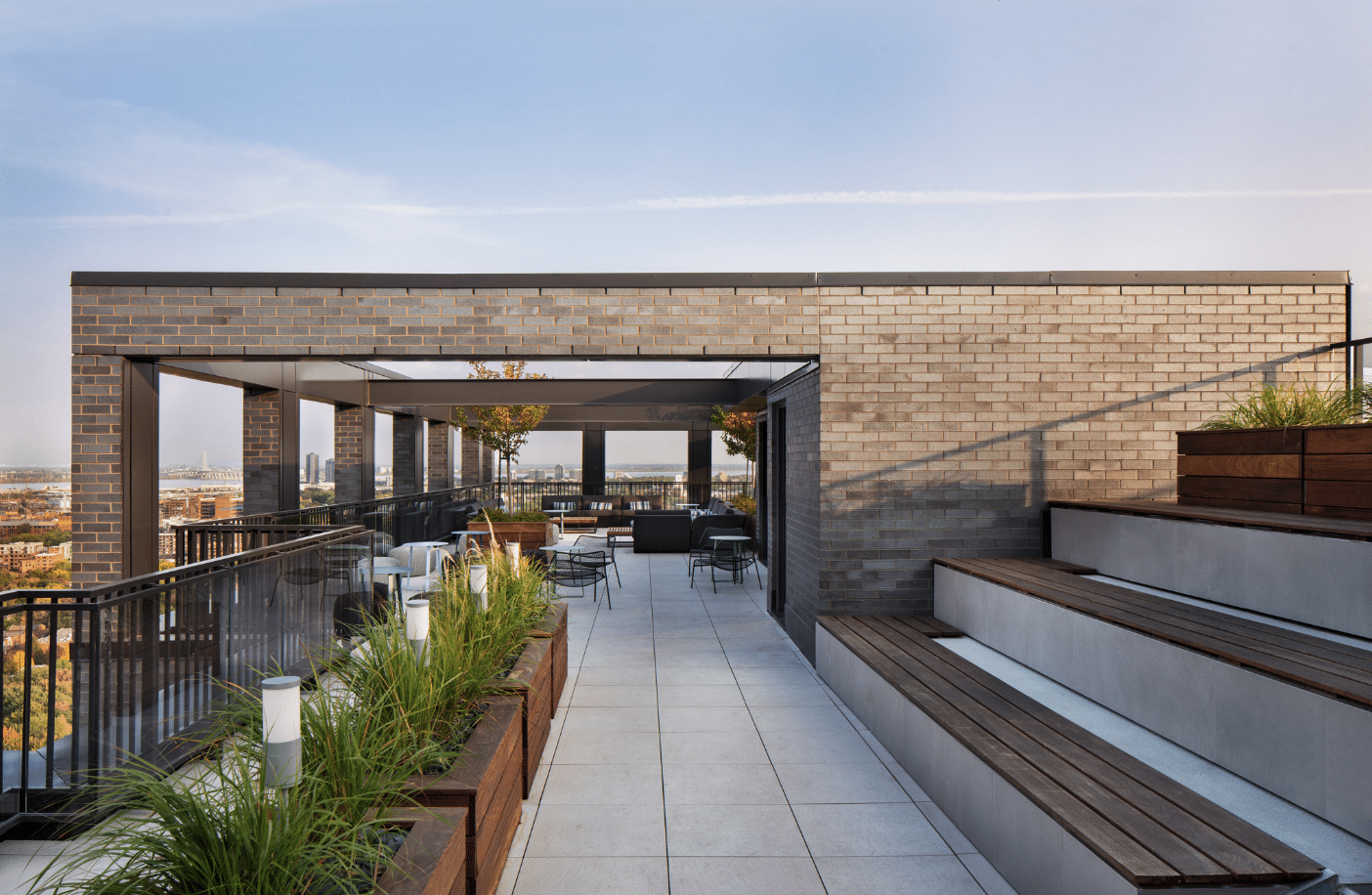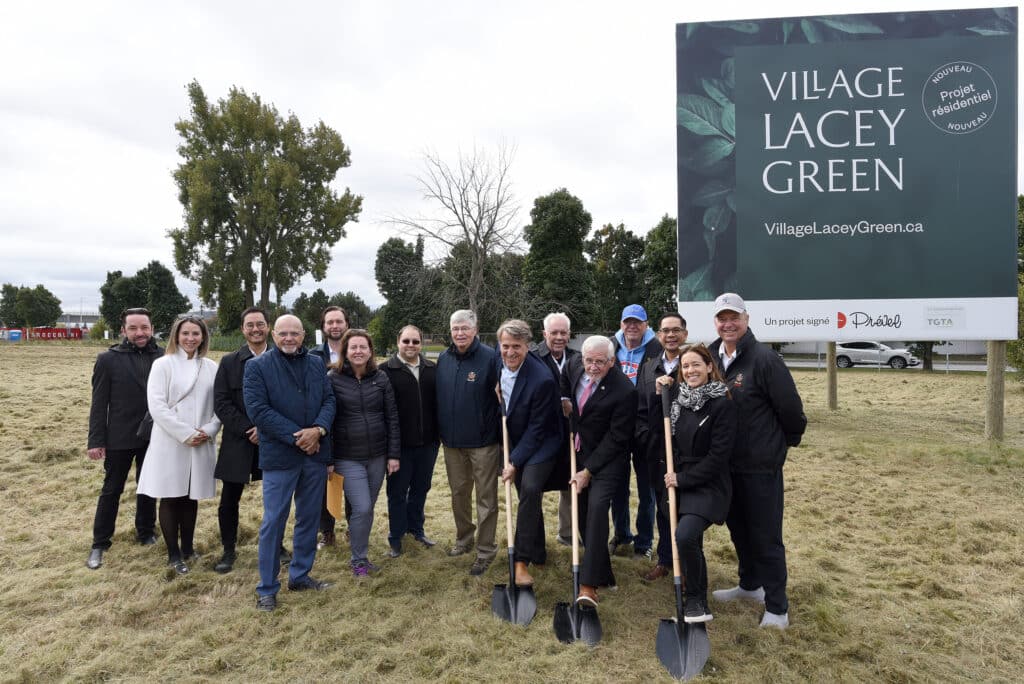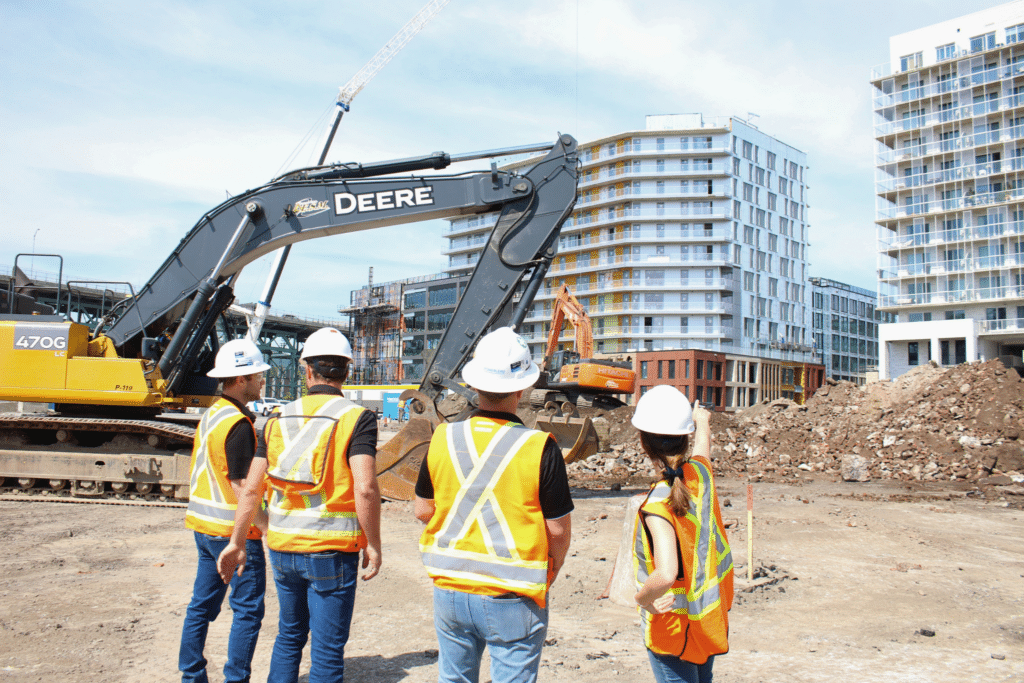In cities, where space is sparse and solitude is growing, space sharing (or space mutualisation) offers a smart solution for a more sustainable and connected life. But can space sharing really impact communities and reduce our environmental footprint?
The fundamentals of space sharing
Every shared garden, every co-working space, every common play area brings us closer to a world where sustainability and togetherness are essential aspects of urban life. Space sharing is a concept that pools resources and optimizes each square metre to promote the well-being of all individuals and the environment.
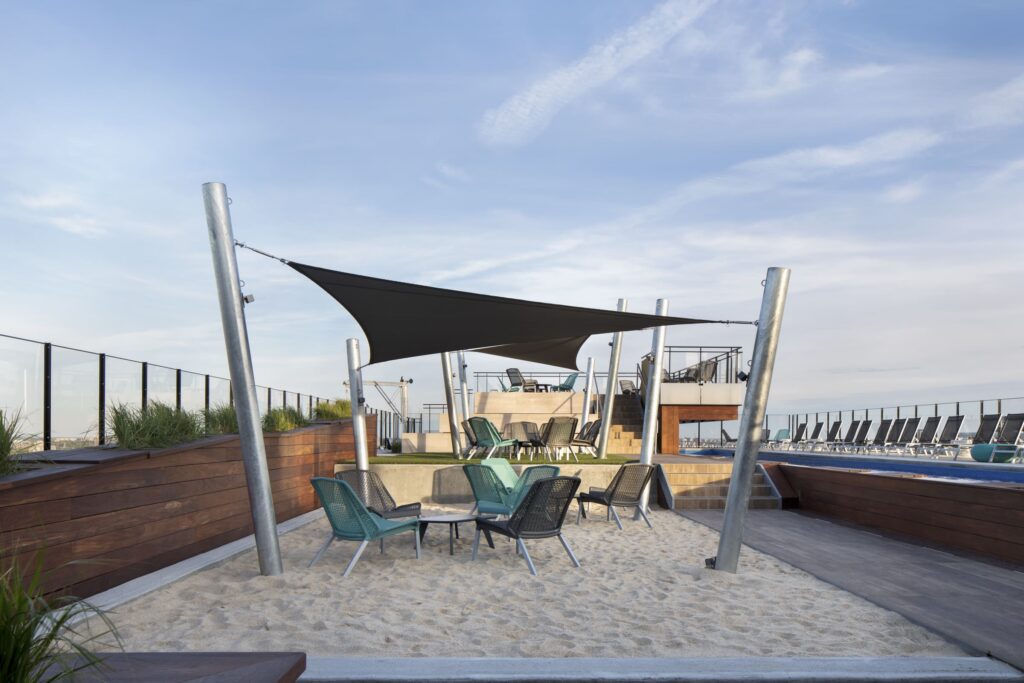
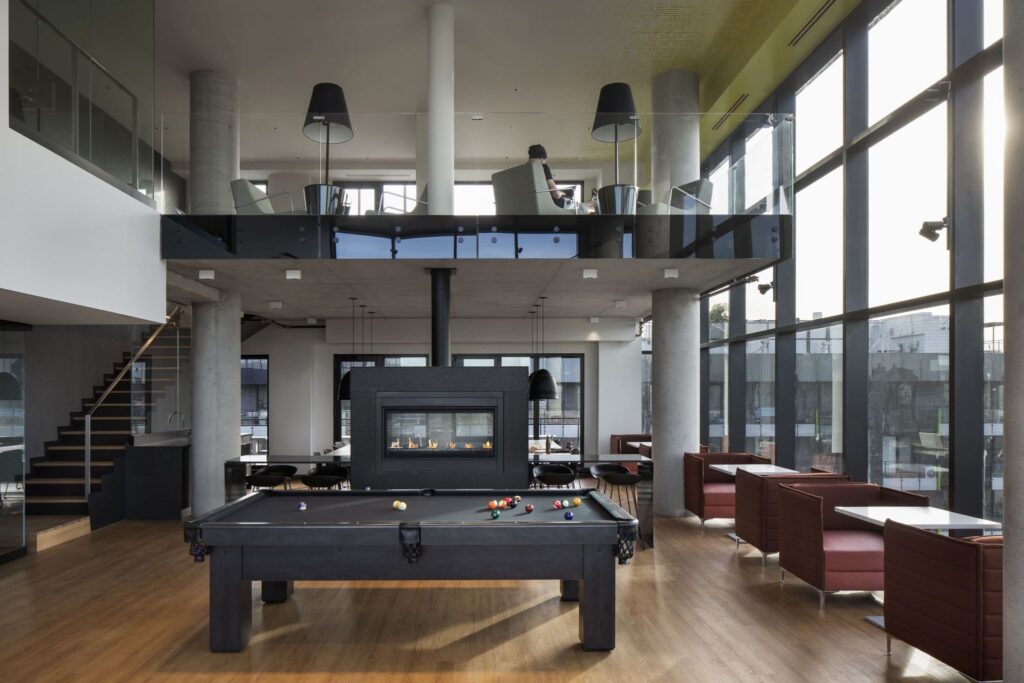
A striking reality
In a recent study published in the 2024 État de l’énergie au Québec report, co-author Pierre-Olivier Pineau states: “There have never been so many empty rooms in Québec homes. A paradox at the height of a housing crisis. But this is also an energy overconsumption issue at a time when resources are becoming increasingly rare [our translation].”
Pineau, P., & Lavallée, H. (2024, February 8). Logement, énergie : « la crise des pièces vides » pèse sur le Québec. Radio-Canada. Retrieved February 23, 2024, de https://ici.radio-canada.ca/nouvelle/2047837/etat-energie-quebec-logement-crise-pineau
Space sharing is thus a concrete and necessary solution to the “empty room crisis.” By rethinking how we live together and occupy space, we can build more sustainable cities, where every action that encourages sharing shapes more human-centred and environmentally friendlier communities.
Heat less, share more
In light of this observation, centralizing common areas such as living rooms, study areas, and sports rooms, can drastically reduce energy consumption. By decreasing the need to heat or cool unused spaces, we can save considerable amounts of energy at the small city level.
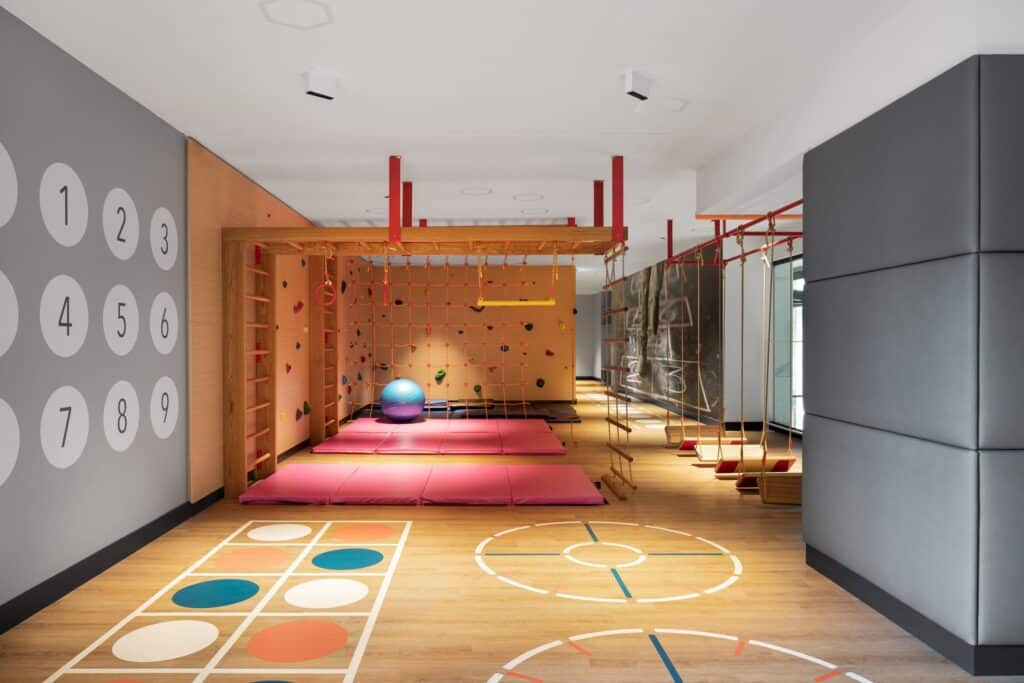
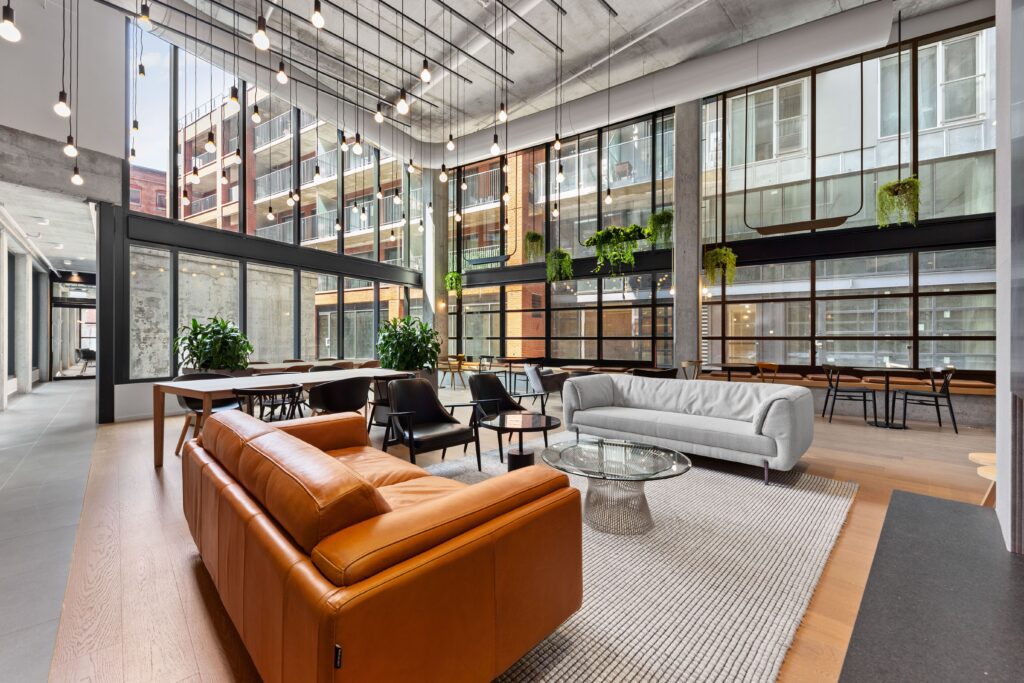
An inspiring example
Let us look at a typical building with 100 residents. By sharing certain spaces and reducing our heating and cooling needs by just 10%, we could save the equivalent of the energy required to power a dozen homes for an entire year. Imagine the impact on a larger scale!
More than a strategy, a lifestyle
Space sharing goes beyond just saving resources. It builds solid relationships between residents, transforming neighbours into a tight-knit community, where helping one another and sharing is an everyday occurrence. It means choosing to live with one another, not next to one another.
Space sharing is not simply a solution to tackle urban challenges, but an invitation to rethink how we live together. Let’s build spaces where sharing is the norm not the exception. Where every little action that encourages sharing shapes a more human-centred and sustainable city.
